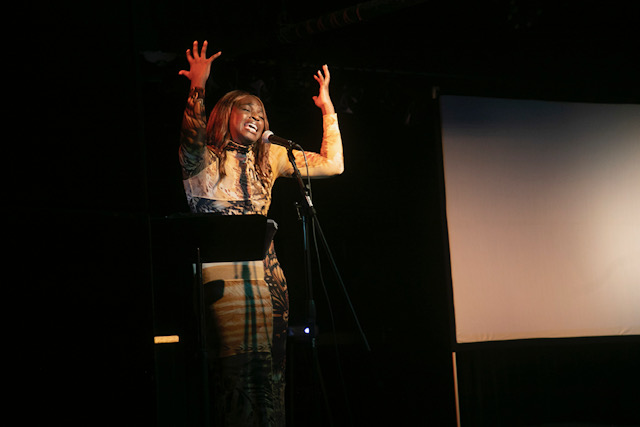This event has been postponed. Tickets purchased will be automatically refunded. We apologize for any inconvenience.
Argentine accordionist, composer, and researcher Alejandro Brittes, who will tour in the US this October, has been declared one of the foremost contemporary chamamé ambassadors and innovators. Born of the centuries-long interaction between ritual practices of indigenous Guaraní and the Baroque music influences brought by Jesuits in the Mission period (16th to 18th Centuries), chamamé can be conceived of as a ritual that seeks to communicate with the Earth and the Universe and maintain harmony among humans, through music and dance that lead participants to moments of ecstatic trance. Often this ecstasy is viscerally expressed by participants through a sapucay, a piercing, spontaneous ancestral yell to release strong emotions pent up inside.
In Buenos Aires, chamamé was discriminated against and criminalized for decades (much like other popular music, such as tango). Alejandro Brittes’s parents migrated from the interior of the Province of Corrientes to Buenos Aires, where his father was a pioneering chamamé event organizer and his mother was a chamamé radio host, both attending to the cultural needs of the rural migrant community in the city. It was in this environment that Brittes was born and raised, amongst the most-respected chamamé musicians and ensembles, beginning his professional career at 15 years old.
Chamamé has been described as a “danced prayer.” Performed in 6/8 time, a meter that is widely used in diverse human societies to enter into trance and communication with the Universe, the musical elements of chamamé reflect its ritual origins and spiritual values of its originators, forged in the context of the Missions, crucibles of effervescent intercultural musical activity. The chamamé guitar maintains a percussive mantra that is reminiscent of Guaraní ritual music, and the accordion – with its expressive power – employs its low left-hand to connect with the Earth and the human realm, and its piercing right-hand melody to reach up to the Universe and the Divine. Embraced dancing couples circle around the outdoor spaces where chamamé is traditionally performed, at times breaking into percussive footwork to accompany the music. The accordion evokes the bellowed Baroque organs constructed by skilled Guaraní artisans in the Mission period, a period that was violently cut short by the imperial aspirations of Spain and Portugal in the late 18th Century.
Brittes’s latest artistic work is focused on exploring, evoking, and innovating upon the ancestral heritage of chamamé, which has survived great challenges throughout history to flourish today. Interpreting historical repertoire created in the Missions and original compositions, Brittes collaborates with a Baroque orchestra on his project “(L)Este”, and also performs chamamé classics and original material with his Quartet. Based in Porto Alegre, Rio Grande do Sul, Brazil, the Quartet is composed of: Alejandro Brittes (accordion), André Ely (7-stringed guitar), Charlise Bandeira (flute), and Carlos de Césaro (contrabass). Alejandro Brittes Quartet’s US 2023 Tour is supported by Ibermúsicas/Mid Atlantic Arts’ Iber Exchange program.
PORTUGUESE
Alejandro Brittes navega com seu acordeon brincando com o universo temporal da sua música. Utiliza a gravidade despertando a sensação de que a música pode tocar a tua pele. Uma percepção estranha de que a música flutua, e ao escutá-la, você entra em uma bolha e tudo pode acontecer ao teu lado sem que você perceba. Seus concertos estabelecem uma conexão com a terra, com as origens da música de sua região e com o universo.
SPANISH
Alejandro Brittes navega con su acordeón, jugando con el universo temporal de su música. Utiliza la gravedad, despertando la sensación de que la música es capaz de tocar tu piel. Una percepción extraña de que la música fluctúa, y al escucharla, entras en una burbuja y todo podría suceder alrededor de ti, sin darte cuenta. Sus conciertos establecen una conexión con la tierra, con los orígenes de la música de su región y con el universo.




![Dylan Tribute 2025 Poster – Square – CA calendar size[73] Dylan Tribute 2025](https://creativealliance.org/wp-content/uploads/2025/01/Dylan-Tribute-2025-Poster-Square-CA-calendar-size73.jpg)

